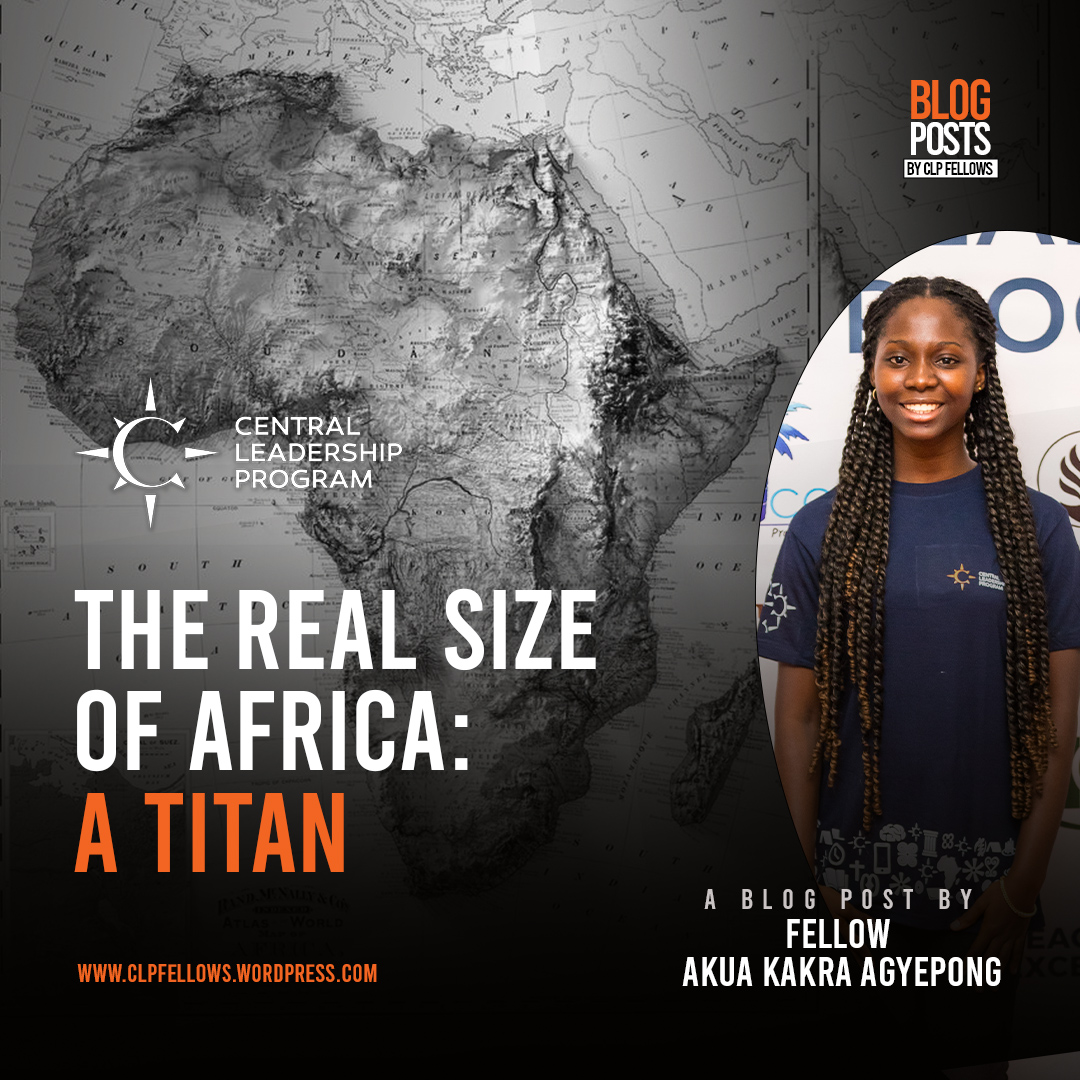Becoming Light
The phrase “see something say something” is becoming a prevalent phrase in recent times. I first heard it in the early stages of my career, while doing an internship in a marketing firm when the head of the human resource department was addressing the staff of the company to be vigilant and to take responsibility for all actions. This address was occasioned by the dismissal of a senior colleague after she was caught flouting the company rules and was reported by an anonymous employee.
This was all new to me and I imagined the bravery it took for the anonymous person to report such a high-ranking officer of the firm. I tried to put myself in their shoes and I realized it was such a big space to fill. Like you, I did not seem up to the task because I was new and I was scared of the effect it could have on my reputation.
As a young Christian, I needed a way to be free from this newfound fear, so I went to my bible. After reading the bible, I realized that light shines best in darkness. In Matthew 5:13-15 it says “You are the salt of the earth. But if the salt loses its savor, how can it be made salty again? It is no longer good for anything, except to be thrown out and trampled by men. You are the light of the world. A city on a hill cannot be hidden. Neither do people light a lamp and put it under a basket. Instead, they set it on a stand, and it gives light to everyone in the house.” This reiterates the influence we must make in our society as Christians.
Like Erika Cheung from Theranos and the anonymous colleague from the marketing firm who defied the odds and faced their fears, I’m here to remind you to be the light, because you cannot be hidden. You must make a difference in the world and one way you can do that is by being people of integrity by being transparent and honest.
Firms must understand that to build a culture of trust in the workplace, employees should be encouraged to speak up when there is a problem, and this can be done by creating a safe space for employees to speak up. This can be done by complying with the Whistleblowers Act of Ghana which seeks to prevent the victimisation of whistleblowers. Also creating anonymous avenues by creating clear reporting channels for employees to speak up can create a safe space and a culture of trust in firms.
My response to anybody asking the question, how they can live a life of influence?
Be the light by speaking up and staying true to your values because you are a city set on a hill that cannot be hidden.
In a world where the pressures to conform and remain silent can be overwhelming, remember that your voice matters. Just as light cannot be hidden, neither can the truth be ignored when it is brought to the surface. Whistleblowing is not just an act of courage; it is a commitment to uphold the values of integrity, honesty, and justice. Whether you’re new to the workplace or a seasoned professional, your decision to speak up can inspire change and set a powerful example for others. So, embrace your role as a beacon of light, knowing that your actions can illuminate the path toward a more ethical and transparent world.
Embrace your role as a beacon of light, knowing that your actions can illuminate the path toward a more ethical and transparent world.
– Written by fellow Erica Abini




